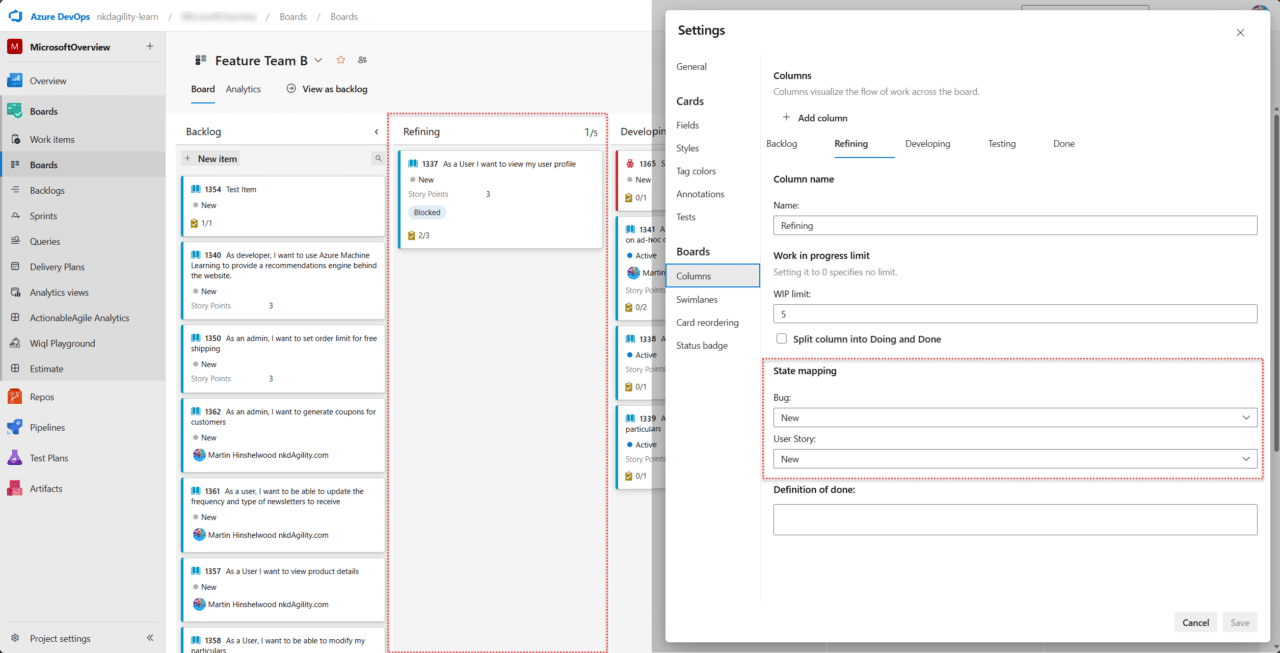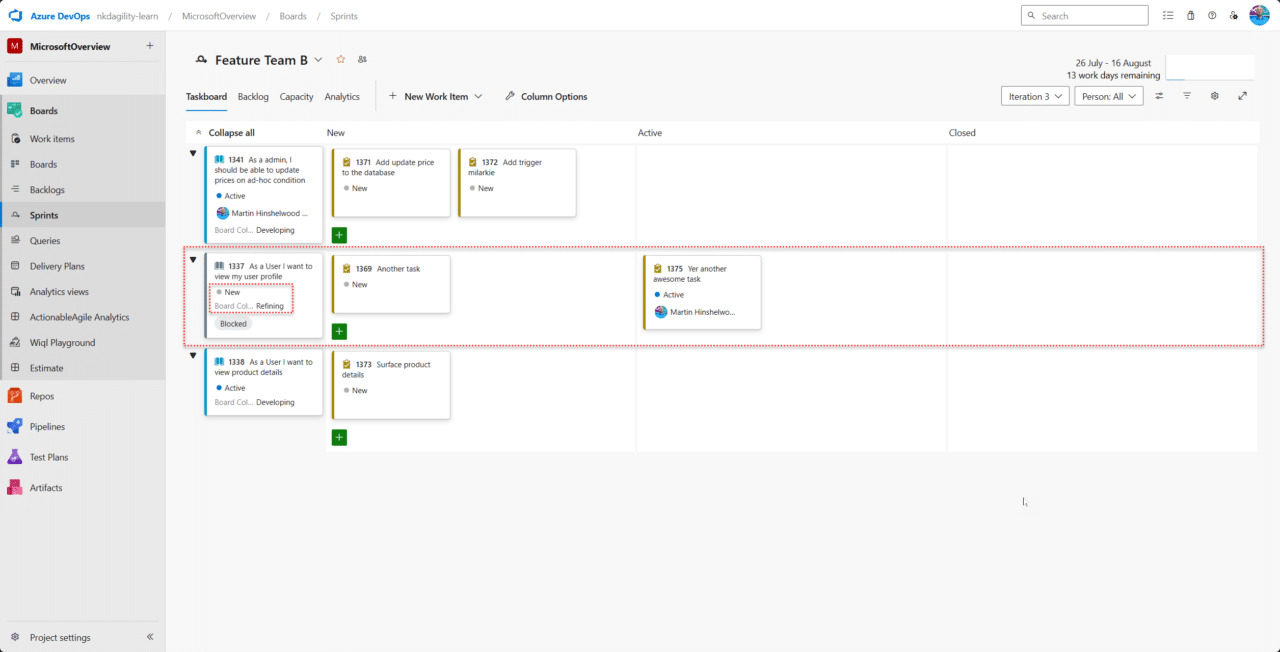Software Development is not just a systematic process but a dynamic interplay of critical work that shapes the progress of your product. A Scrum Team's work can be classified into Sprint work and Refinement. To steer your Scrum Team towards success, it's essential to understand, manage, and balance these two types of work. This article dives deep into the heart of Scrum team operations, offering clear-cut strategies and innovative visualisation techniques to help you understand and manage your Sprint work and Refinement processes effectively. Decode the intricacies of Scrum teamwork and unlock the path to achieving your Product Goals with increased efficiency.
TLDR;
This post analyses two types of work a Scrum Team typically undertakes: Sprint work and Refinement. Sprint work involves changes that lead to a tangible alteration in the product increment, while Refinement consists of activities that substantively alter the Product Backlog. Sprint Work adds direct value to the stakeholders, while Refinement sets the stage for future Sprint Work. The challenge lies in striking a balance between these types of work, ensuring an efficient workflow. To visualise this work, the article recommends using platforms like #AzureDevOps that offer mechanisms for tracking both Sprint Work and Refinement, ensuring seamless transparency.
The Intricacies of Sprint Work and Refinement
Every Scrum Team juggles two kinds of work - Sprint Work and Refinement. While they may seem different, they're two sides of the same coin, intrinsically tied together.
Sprint Work involves anything that directly contributes to the Sprint Backlog. It could be discovery, development, validation, or delivery tasks that significantly change the state of the Product Increment. This work directly adds value to the stakeholders and propels the product forward.
On the other hand, Refinement is the work done against the Product Backlog. It could involve ideation, discovery, proofing, decomposition, sizing, or other activities that significantly change the Product Backlog. This is less direct value, but Refinement is critical to a Scrum Team's success. It sets the stage for future Sprint Work by getting the Backlog Items "ready" for the Scrum Team to bring into the Sprint.
Refinement helps prepare for surprises by allowing the Scrum Team space to provide prerequisites and other inputs for the Backlog items before they are brought into the Sprint. It helps reduce the chance of unforeseen issues that could have been avoided. The challenge, however, is to prevent over-preparation that leads to unnecessary work – it's all about finding the 'Goldilocks zone' of balance between too much and too little.
Visualising Refinement
Visualising this work plays a crucial role in keeping track of project progress. With its robust mechanisms, Azure DevOps is an excellent tool to help visualise without pulling all those backlog items that are not yet "ready" into the Sprint.
To track the refinement work in the Board, create a new column named 'Refinement' and map it to the "Approved" or "New" state, depending on the process used. This column will contain Backlog Items that need to be refined to "ready" before they are candidates for the Sprint.

Azure DevOps Board showing Refining Column with Tasks
For the Taskboard, change the Iteration Path of the tasks to that of the current Sprint, which is the default for new items created within the context of a team. This change will display the task on the Taskboard and pull a shadow of the Backlog Item in for context for these tasks.

Azure DevOps Taskboard showing grey PBI not in Sprint with Tasks in Sprint.
These two capabilities are critical to being able to visualise the work that is happening while maintaining the separation of the transparencies of the Sprint and Product backlogs.
Conclusion
Understanding and managing the balance between Sprint Work and Refinement is critical for a Scrum Team's success. By visualising these tasks effectively, your team can plan and execute tasks efficiently, avoiding unnecessary work and being prepared for potential roadblocks.
By dedicating enough time to Refinement, teams gain a comprehensive understanding of what's necessary, preparing them to effectively manage upcoming tasks and potential challenges. Therefore, visualising all work in progress allows for smoother product management and promotes a thorough understanding of the product's needs, fostering more informed, efficient, and successful Scrum operations.
#Agile #TeamWork #Productivity
NKDAgility can help!
These are the kinds of issues that lean-agile practitioners love and most folks hate, and if you need help creating transparency through refinement of your backlog, my team at NKDAgility can help you or help you find a consultant, coach, or trainer who can.
If you have issues that are undermining the effectiveness of your value delivery, it's especially important to find help as soon as you can and not wait!
Which you can do right now. You can request a free consultation with my team or sign up for one of our upcoming professional Scrum classes. Because you don't just need agility, you need Naked Agility.
